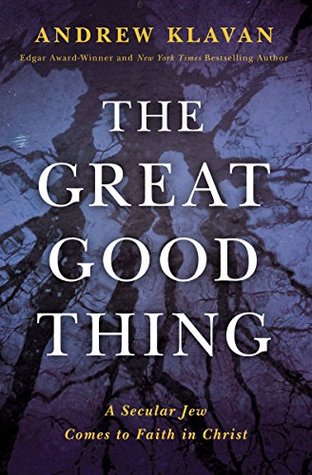More on this book
Community
Kindle Notes & Highlights
The world had no beauty of its own. The beauty of the world was created in the human experience, in me. The very fact of beauty, the very idea that something could be beautiful, only existed in me. The point was not to see the world. There was nothing out there to see, nothing worthwhile at any rate, just shapes, just patterns. The point was to experience the world, to know it simultaneously both without and within.
His worldview was part of me, so even when I struggled against it, I was engaged in a painful struggle against myself.
As an aspiring intellectual, I intended to avoid it at all costs.
The original sin poisoned all history. History’s murders, rapes, wars, oppressions, and injustices are now the inescapable plot of the story we’re in.
But there was one big difference. Hamlet said these things when he was pretending to be mad. My professors said them and pretended to be sane.
The seed of the answer was planted in me by Fyodor Dostoevsky’s novel Crime and Punishment.
After reading that novel, I was never quite the same.
Every good thing we know would be lost to darkness, all unremembered, if each had not been preserved for us by some sinner with a pen.
Christianity is the great Western narrative, whether you believe in it or not.
For others, I know it was Christ who led them to joy. For me, it was joy that led me to Christ.
Through the blood and guts of birth, we were being carried into a togetherness that was almost super-temporal: above time, beyond time.
Then, like living water rushing at full speed into the open sea, I saw I was about to flow out into the infinite. I saw that, beyond the painted scenery of mere existence, it was all love, love unbounded, mushrooming, vast, alive, and everlasting. The love I felt, the love I was, was about to cascade into the very origin of itself, the origin of our three lives and of all creation.
Therapy was already helping me so much that the work of Freud was becoming like scripture to me.
But Freud, in effect, had declared that all spiritual things were merely symbols of the flesh. In the delivery room, for the first time, it had seemed to me that he had gotten it exactly the wrong way round. Our flesh was the symbol. It was the love that was real.
In the same way, and for the same reason, people destroy themselves and everyone around them for sex: because sex has come to seem more real to them than the love it was made to express.
I could head east from Fifth Avenue and reliably reach Madison, turn south from 53rd and get to 52nd every single time. The scientist—or the Buddhist—might declare such perceptions were illusions, but not one of them would head uptown to get to the Bowery. They knew what they knew. They saw what they saw.
If we don’t accept our inner experience as real, then only man’s material desires have any meaning.
Sade understood that if there is no God, there can be no ultimate morality. There is nothing either good or bad but thinking makes it so.
“Nature, mother to us all, never speaks to us save of ourselves . . . prefer thyself, love thyself, no matter at whose expense,” he declared. And then, with wonderful wit, he added: “Nature has endowed each of us with a capacity for kindly feelings: let us not squander them on others.”
So an Ultimate Moral Good must be conscious and free; it must be God.
So we have to choose. Either there is no God and no morality whatsoever, or there is morality and God is real.
I can’t convince myself that the greatness of a work of art lies in the appreciation of the observer.
There was no humanity, and so there can be no true fictions about it, no paintings, no music.
There are some people who say that an evil as great as the Holocaust is proof there is no God. But I would say the opposite. The very fact that it is so great an evil, so great that it defies any material explanation, implies a spiritual and moral framework that requires God’s existence. More than that. The Holocaust was an evil that only makes sense if the Bible is true, if there is a God, if the Jews are his people, and if we would rather kill him and them than truly know him, and ourselves.
You cannot know yourself alone, any more than you can see your own face without a mirror.
You cannot know the truth about the world until you know God loves you, because that is the truth about the world.
After all, if you’re praying for the starving children of Africa in the secret hope God will be impressed with you and give you a hot new car, why not skip the hypocrisy and ask for the car directly? It’s not as if you’re fooling anyone.
One by one, we let idolatry ruin each good thing.
The choice between idolatry and faith—which is ultimately the choice between slavery in the flesh and freedom in the spirit—is the only real choice we have to make.


